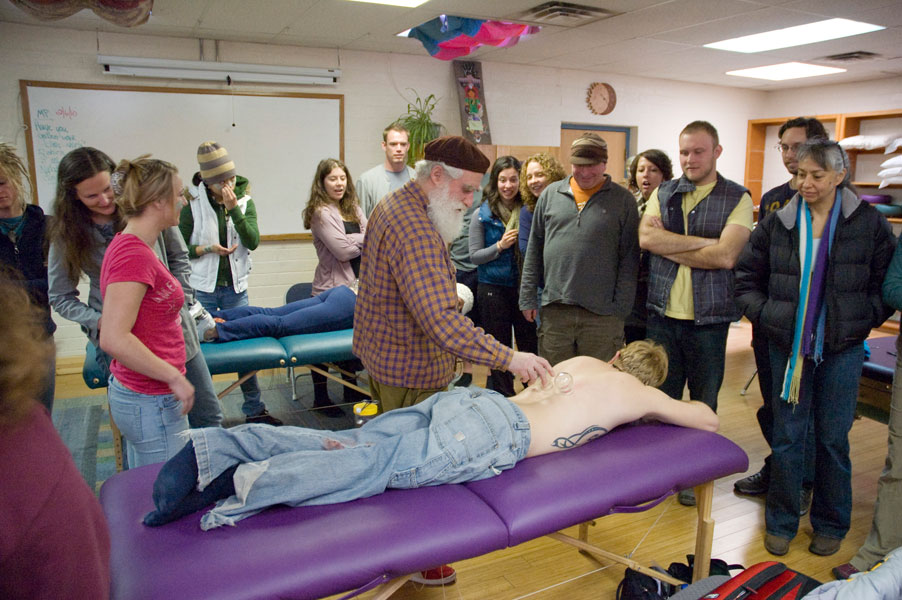
The basic foundation of the New Mexico School of Natural Therapeutics is the philosophy of Henry Lindlahr, M.D., a physician working in Chicago during the late 19th and early 20th centuries. Considered the father of Natural Therapeutics, he developed and directed a school and sanitarium that taught and tested the use of natural practices to aid the healing of disease and injury. Lindlahr’s school became the model for modern naturopathic medical colleges. He used many traditional modalities of nature cure, such as corrective diets and exercises, herbs, hydrotherapy, and massage, which had been used by ancient cultures throughout the world. To these, he added homeopathy, chiropractic, osteopathy, and iridology, as well as advances in diet, massage, and exercise.
Most importantly Dr. Lindlahr wrote The Philosophy of Natural Therapeutics, which describes how nature heals and how disease actually worsens when symptoms are suppressed. Dr. Lindlahr showed that symptoms are actually the body’s attempt to heal itself of accumulated waste products, and that the more strongly they are suppressed, the weaker the body’s capacity to heal itself. The healing modalities taught at NMSNT and the lifestyle we encourage are designed to promote health by supporting our natural healing processes, rather than by fighting the symptoms of disease.

